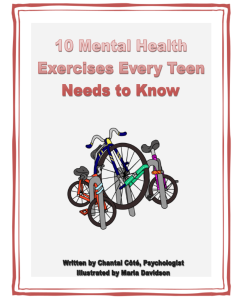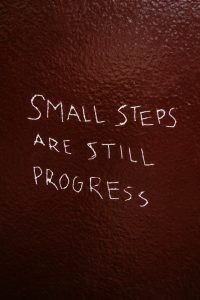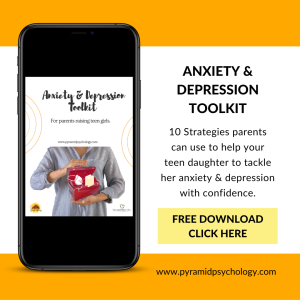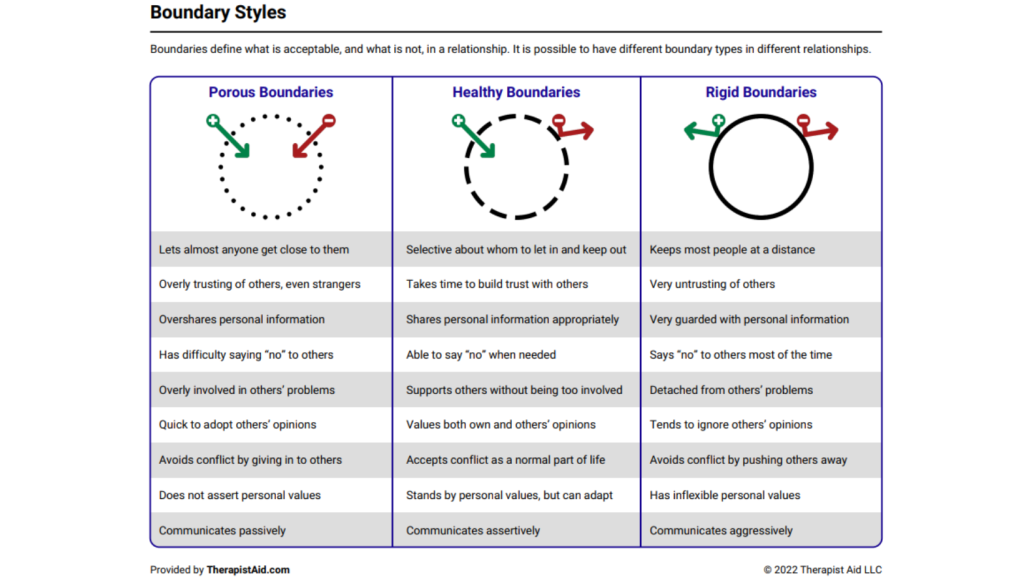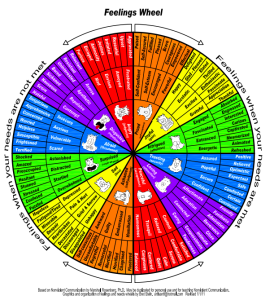EDS Framework: 3 Simple Steps to Handle Big Emotions (for teens)
EDS Framework: 3 Simple Steps to Handle Big Emotions (for teens)
As a psychologist, one idea that I introduce to teens who are struggling with big emotions is to use the EDS framework: express, distract, and soothe to handle big teen emotions. No one tool will work all the time, so having a variety to choose from and which are personalized to you is a great way to be prepared when those big emotions roll around.
Many of the teens I work with keep a list or visual graphic handy to use when they are feeling overwhelmed. When emotions are running high, the logical part of our brain tends to not work quite as well, and having an external visual reminder can help bridge that gap.
———-
The Happiness Pill: Teen Coaching to Build Resiliency Against Anxiety & Social Awkwardness CLICK HERE FOR DETAILS <<<
6 Weeks of group coaching to help teen girls navigate big emotions like anxiety and overwhelm, feel confident from the inside out (including with her body image), and handle social anxiety like a BOSS.
The Happiness Pill
———-
Here is the EDS framework to handle big emotions:
Express
There are a variety of ways to express your emotions. One of the first ways to express emotions that is mentioned is talking to a family member or friend. This could be face-to-face, but due to the rise in technology, teens are likely to use video chat or texting.
Expressing emotions to someone else is not the only form of expression, and some people even prefer to express emotions individually.
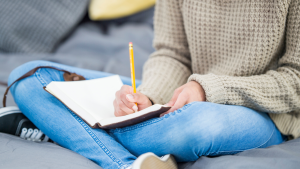
Photo from Canva Pro
Journaling, drawing, creative writing, or using other artistic mediums can all be helpful ways to process big emotions. Some teens that I have worked with also use movements – such as dance or kickboxing – as a way to physically express emotions.
Distract
Distraction tends to be a favourite coping strategy among the teens (and adults!) that I work with. Using technology, such as looking at social media, watching a favourite show, or playing a videogame, are go-to strategies for many teens. Other teens gravitate toward spending time with friends or family, playing a sport, reading, or immersing themselves in a favourite hobby as a form of distraction.
Distraction can be a highly effective tool in managing big emotions, but if it is the only tool used and used frequently, distraction can easily turn into avoidance. As many of the teens I have worked with will tell you, avoiding emotions tends to only make them bigger.
Soothe
Soothing strategies include anything that will help calm down and relax your body. Here are a few ideas that teens have found helpful:

Photo from Canva Pro
- Taking a shower or bath
- Using a calm box
- Snuggling pets
- Getting cozy in a blanket and lighting some candles
- Drinking a favourite beverage
- Eating your favourite comfort food
- Spending time on skincare or nail care
- Yoga or stretching
- Listening to music

Photo from Canva Pro
- Looking at favourite photos
- Doing something creative with your hands
- Meditations or mindfulness
- Journalling
- Podcasts or audiobooks
- Doing an act of kindness
———-
The Happiness Pill: Teen Coaching to Build Resiliency Against Anxiety & Social Awkwardness CLICK HERE FOR DETAILS <<<
6 Weeks of group coaching to help teen girls navigate big emotions like anxiety and overwhelm, feel confident from the inside out (including with her body image), and handle social anxiety like a BOSS.
The Happiness Pill
———-
There can be overlap between the three EDS pillars, as some ideas will apply to more than one category. The key is to understand what you are doing and why.
For continued reading on handling big teen emotions, depression specifically, read my blog article ‘4 Depression Tips for Teen Girls‘.
If you’re not sure how to implement the EDS framework into your self-care routine, I offer private 1:1 therapy for teens and young adults in Alberta. Book a free consultation with me here.
AND, if your emotions are big enough that you’re feeling depress
You can email our team with next steps at info@pyramidpsychology.com
Love, Jessa

Jessa is a registered psychologist living and servicing teens and young adults in Calgary, Alberta.
Jessa is passionate about helping people become the best version of themselves and is continually learning how to best support her clients. She has experience with acceptance and commitment therapy (ACT) and cognitive behavioural therapy (CBT), but most importantly she emphasizes the therapeutic relationship.
A safe, authentic relationship is key for therapy to work. Jessa prioritizes compassion and nonjudgmental curiosity. Together, she can find out what matters most to you and how to get there.
If you think Jessa may be a good match for you, please feel free to reach out and set up a free consult or book a session. She is looking forward to hearing from you!
Once a month, she writes a blog article in response to issues she hears from the parents, teens and young adults she connects with. If you have something you’d like to read more on – email ideas and questions to info@pyramidpsychology.com or DM us via Instagram or Facebook.



